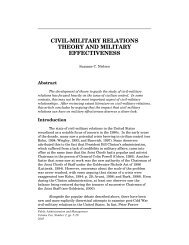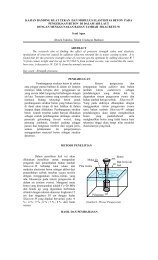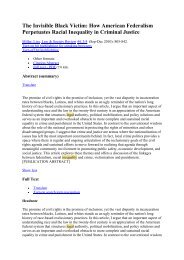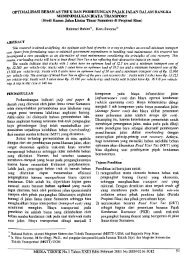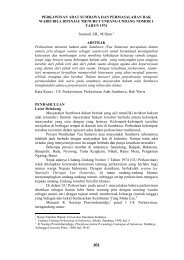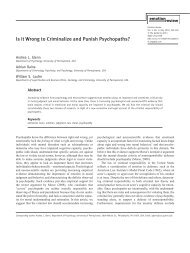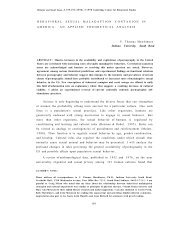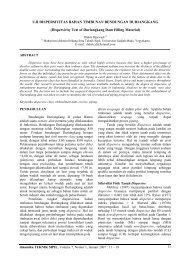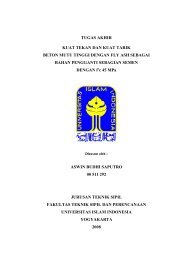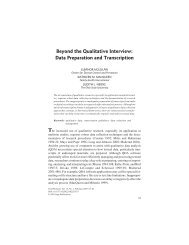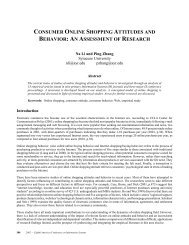Foreign Investment Strategies and Sub-national ... - E-Journal
Foreign Investment Strategies and Sub-national ... - E-Journal
Foreign Investment Strategies and Sub-national ... - E-Journal
Create successful ePaper yourself
Turn your PDF publications into a flip-book with our unique Google optimized e-Paper software.
for costal provinces (Wei et al. 1999), which are found to attract FDI. Cheng <strong>and</strong> Kwan (2000) use a count of<br />
zones in the cities. Zhou et al. (2002) find effects to vary between different types of zones, which diminish<br />
over time. To our knowledge, apart from economic zone dummies or counts, institutional variables have not<br />
been analysed in studies of location within an emerging economy.<br />
This discussion suggests that institutions at sub-<strong>national</strong> level – in addition to <strong>national</strong> institutions –<br />
influence business strategies. Businesses locate where institutions are most conducive to their type of<br />
business operation <strong>and</strong>, in particular, where institutional barriers least inhibit the access to local resources.<br />
Hence, we expect an empirically verifiable relationship between local institutions <strong>and</strong> the number of FDI<br />
projects received.<br />
Proposition 1: The more developed market-supporting institutions in a region are, the more likely foreign<br />
investors are to invest in that sub-<strong>national</strong> region.<br />
To test this proposition in Vietnam, we develop two testable hypotheses, 1a <strong>and</strong> 1b, <strong>and</strong> use<br />
provinces as the unit of analysis. Under the decentralized administration in Vietnam, provincial institutions<br />
vary in the extent to which they facilitate access to local resources. Where provincial authorities help to<br />
overcome resource constraints by increasing supply or by liberalizing markets within their authority, foreign<br />
investors would find it easier to establish their operations. Moreover, key measures to facilitate resource<br />
access may serve as a signal that the province is committed to providing an investor-friendly informal<br />
institutional environment.<br />
The most visible local initiative to foster development of the market economy is the establishment of<br />
industrial zones. In Vietnam, industrial zones have been established since 1994 <strong>and</strong> offer lower profit tax,<br />
especially if at least 80% of output is exported. Similar zones in China, with even more distinct economic<br />
regulation, have attracted major FDI during the early stages of economic openness, but attracted proportionally<br />
less FDI from the mid 1990’s onwards (Zhou et al. 2002). Beyond the formal existence of industrial zones,<br />
however, provincial authorities can signal their commitment to create an investor-friendly business climate by<br />
13



